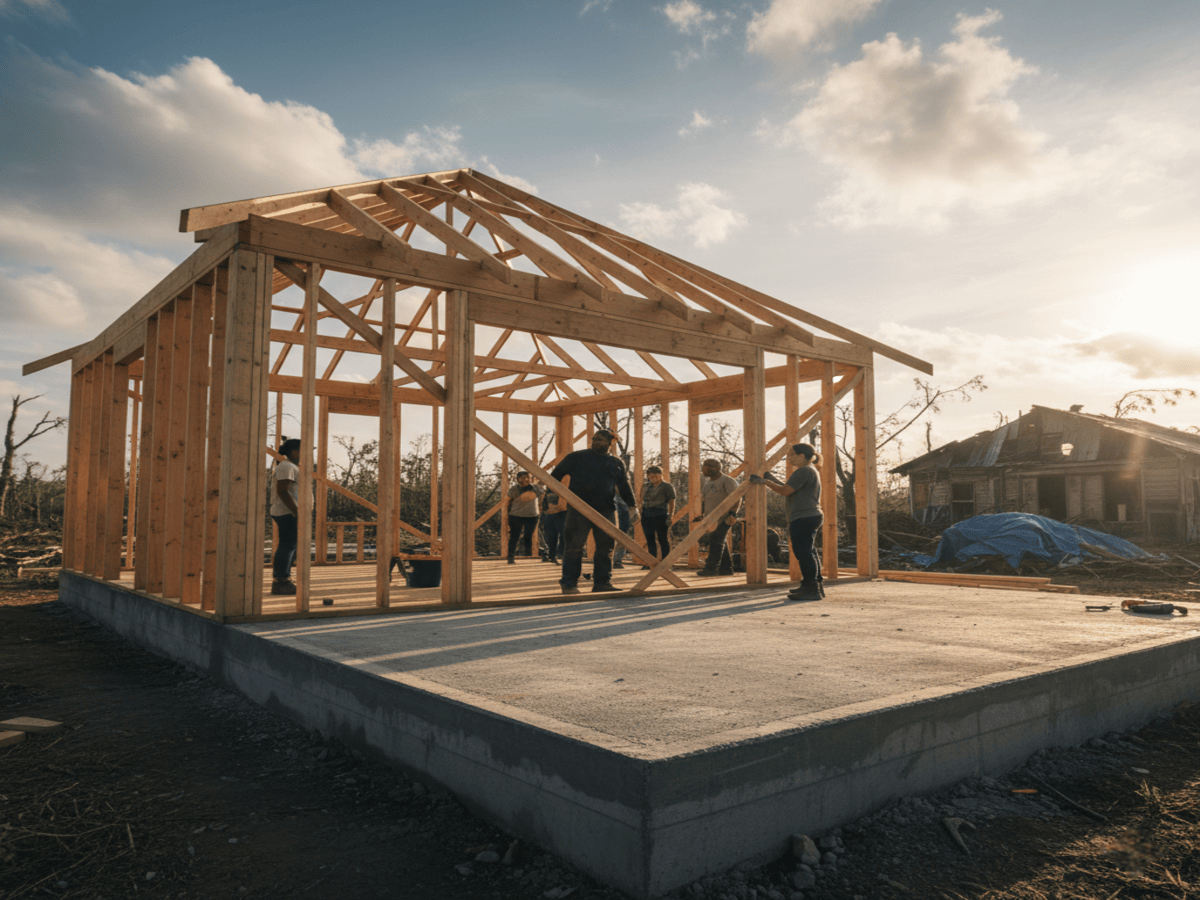Redefining Resilience: Why "Bouncing Back" is More Accurate Than "Easily Adjusting"
The Misconception of Resilience
When you hear the word "resilience," what comes to mind? For many, it's the image of someone gracefully navigating challenges, effortlessly adapting to change, and never seeming to break a sweat. This popular perception often frames resilience as an ability to "easily adjust" – a seamless transition through adversity. But is that truly what resilience is about?
The reality, as often seen in real-life struggles and highlighted in insights about human strength, paints a different picture. Resilience isn't about avoiding the fall; it's about the powerful act of bouncing back. It's the innate, sometimes messy, ability to recover, to regain your footing after being knocked down.
The Problem with "Easily Adjusting"
The idea of "easily adjusting" sets an unrealistic and often unhelpful standard.
It downplays the struggle: It implies that true resilience means feeling no pain, no shock, no struggle when faced with hardship. This invalidates genuine human experiences.
It fosters self-judgment: If you're not "easily adjusting," you might believe you're not resilient, leading to feelings of inadequacy.
It overlooks the effort: Real adjustment takes effort, grit, and often a significant amount of emotional and mental work. It's rarely "easy."
It ignores the impact: Adversity leaves marks. While we can recover, we often carry lessons and changes from the experience, rather than just seamlessly returning to a pre-crisis state.
The Power of "Bouncing Back"
"Bouncing back," on the other hand, captures the true essence of resilience.
Acknowledges the impact: It implies that something did hit you, that you were affected, and that a force was applied. You fell, but you didn't stay down.
Highlights recovery and restoration: Like a spring, you were compressed or pushed, but you have the inherent capacity to return to your original (or a new and stronger) form.
Embraces the journey, not just the outcome: Bouncing back is a process. It involves grappling with challenges, learning from them, and actively working towards recovery.
It's an active verb: "Bouncing back" implies action, effort, and a deliberate move towards recovery. It's not passive acceptance.
Resilience Isn't About Never Falling, It's About Getting Up
Think about the profound experiences that truly test us:
Financial setbacks: Losing everything isn't something you "easily adjust" to; it's a devastating blow that requires immense effort to bounce back from.
Loss of a loved one: Grief is a profound experience. You don't "easily adjust" to such a void; you slowly, painfully, learn to live with it and eventually find a way to bounce back into life.
Betrayal by others: The shock and pain of being let down or hurt by someone you trust demands a recovery process, not just a quick adjustment.
In all these scenarios, resilience isn't the absence of pain or the ability to glide through untouched. It's the gritty determination to pick up the pieces, learn from the experience, and move forward, even when every fiber of your being wants to give up.
Strengthening Your "Bounce Back" Muscle
So, if resilience is about bouncing back, how do we cultivate this powerful ability?
Acknowledge the hit: Don't sugarcoat your struggles. Validate your feelings and the impact of the adversity.
Allow yourself to feel: Suppressing emotions doesn't make them disappear; it hinders your ability to process and recover.
Learn from the fall: What insights can you gain from this experience? How can it make you stronger, wiser, or more compassionate?
Practice self-compassion: Be as kind to yourself as you would be to a friend facing similar challenges.
Seek support: You don't have to bounce back alone. Lean on friends, family, mentors, or professionals.
Take small, actionable steps: Recovery is a journey. Focus on manageable steps forward.
Conclusion: Embrace Your Inner Rebounder
Let's retire the notion that resilience is about "easily adjusting." True resilience is a far more courageous and human endeavor. It's the inherent capacity to be knocked down, to feel the impact, and then, with strength and determination, to bounce back. It's in these moments of recovery, these acts of rebounding, that our deepest strength is revealed.
Embrace your ability to bounce back, for it is a testament to your incredible inner power.
Ready to Explore Your Resilience?
If you or your team are looking to develop stronger resilience strategies, or wish to understand how to effectively bounce back from life's challenges, let's connect.
Book Dee Now for an insightful workshop or speaking engagement that empowers you to tap into your innate ability to bounce back!



